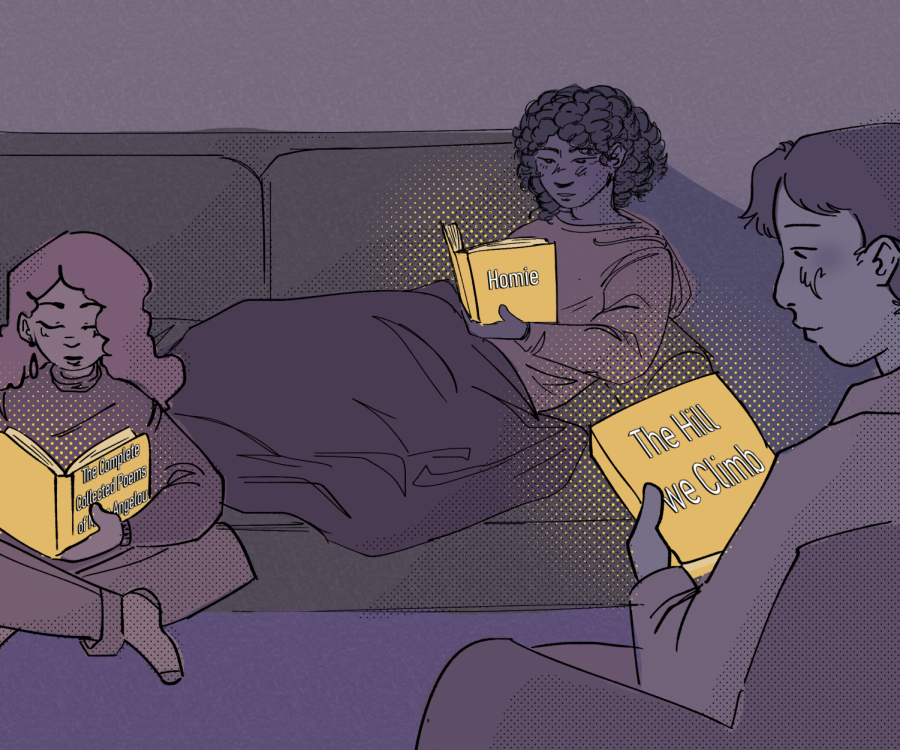5 Black poets to read to for National Black Poetry Day
October 17, 2021
Oct. 17, an important day for writers and readers of poetry, marks the birthday of Jupiter Hammon, the first published Black poet in the United States. To honor him, poetry fans and admirers began celebrating National Black Poetry Day in 1985. The Daily Texan compiled a list of poetry books by Black authors to help seasoned and novice poetry readers alike celebrate this holiday.
Jupiter Hammon (1711-ca. 1806)
To celebrate the origin of this holiday, readers can grab a copy of “America’s First Negro Poet: The Complete Works of Jupiter Hammon of Long Island,” which includes all of Hammon’s works as well as insightful context about society during his lifetime. For a strong introduction to Hammon and his work, try his first poem, “An Evening Thought: Salvation by Christ, with Penitential Cries,” which exemplifies the religious themes consistent in most of his work.
Audre Lorde (1934-1992)
A known advocate of intersectional feminism and LGBTQ+ rights, Lorde wrote 10 poetry collections throughout her award-winning career. One collection, “The Black Unicorn,” features a mix of short and long poems about Lorde’s life and the power of women. Lines like, “I am / woman / and not white” from “A Woman Speaks” and “it is the absence of change / which will destroy us” from “Timing” speak to the poet’s dedication to uplifting voices like her own.
Maya Angelou (1928-2014)
Celebrated in classrooms across the country, Angelou’s name may ring a bell to even casual poetry fans. Her book “Phenomenal Woman” contains four of her poems: “Phenomenal Woman,” “Still I Rise,” “Weekend Glory” and “Our Grandmothers.” In these works, Angelou boldly addresses people who doubt her because of her gender with lines like, “Does it come as a surprise / That I dance like I’ve got diamonds / At the meeting of my thighs?” from “Still I Rise.”
Amanda Gorman
The youngest poet to speak at a presidential inauguration, Gorman solidified her place in history when she read “The Hill We Climb” at President Biden’s inauguration at just 22 years old. She writes in a critical and thought-provoking way about the reality of being Black in the United States saying, “where a skinny Black girl / descended from slaves and raised by a single mother / can dream of becoming president / only to find herself reciting for one.” Although her work bluntly addresses the country’s flaws, she also expresses hope that they will soon give way to improvements. Her repetition of “we will rise” inspires readers to unite and take action against injustice.
Danez Smith
For more brutally honest works about discrimination in the United States, look no further than “Homie,” Smith’s collection of poems about what it’s like to be queer and Black in America. In the poem “say it with your whole black mouth,” Smith expresses the anger and frustration they feel regarding the violence levied against the Black community. When reflecting on what the poem means to them, Smith said, “The poem is the one safe place I feel I can put these possibly violent impulses without doing (justified) damage.”



